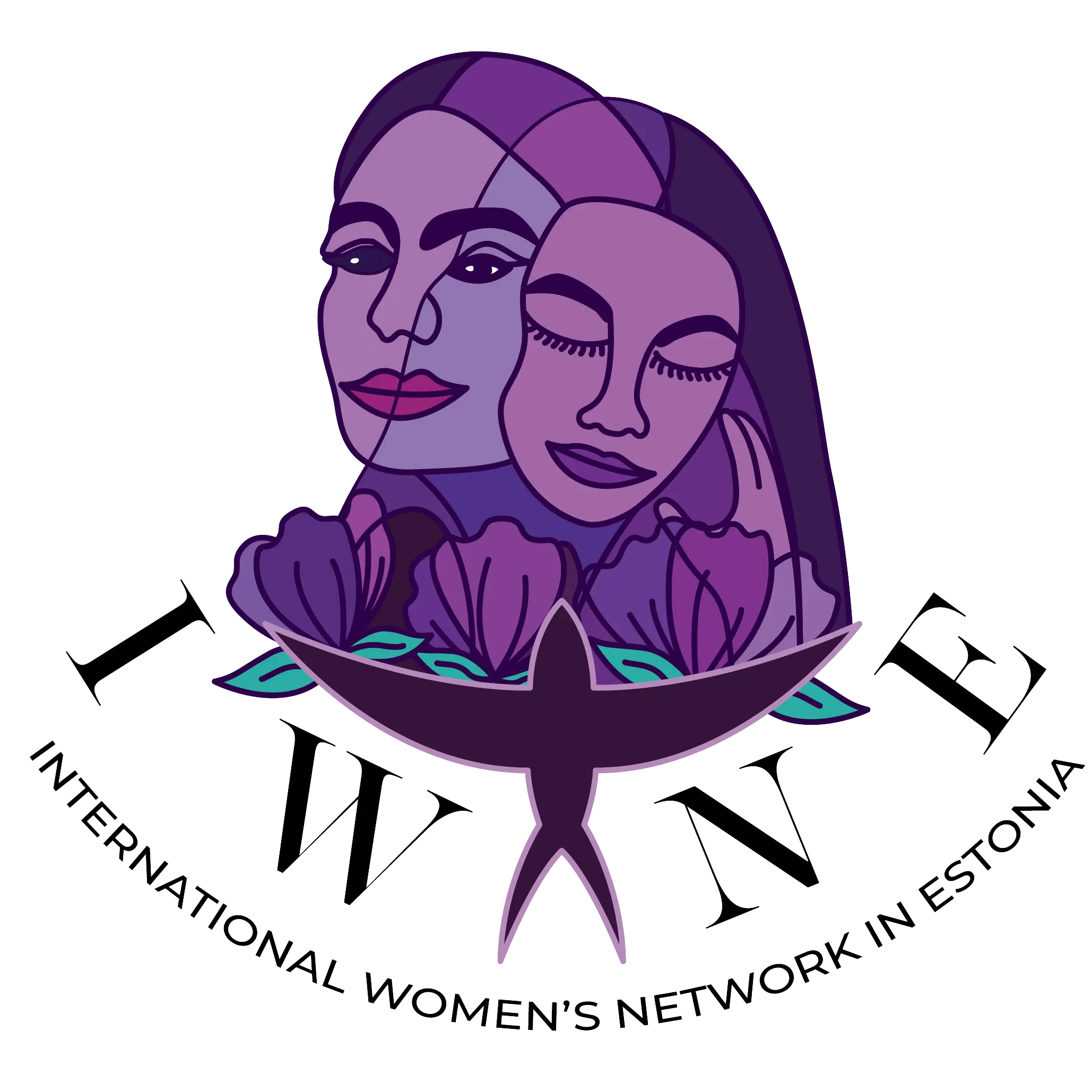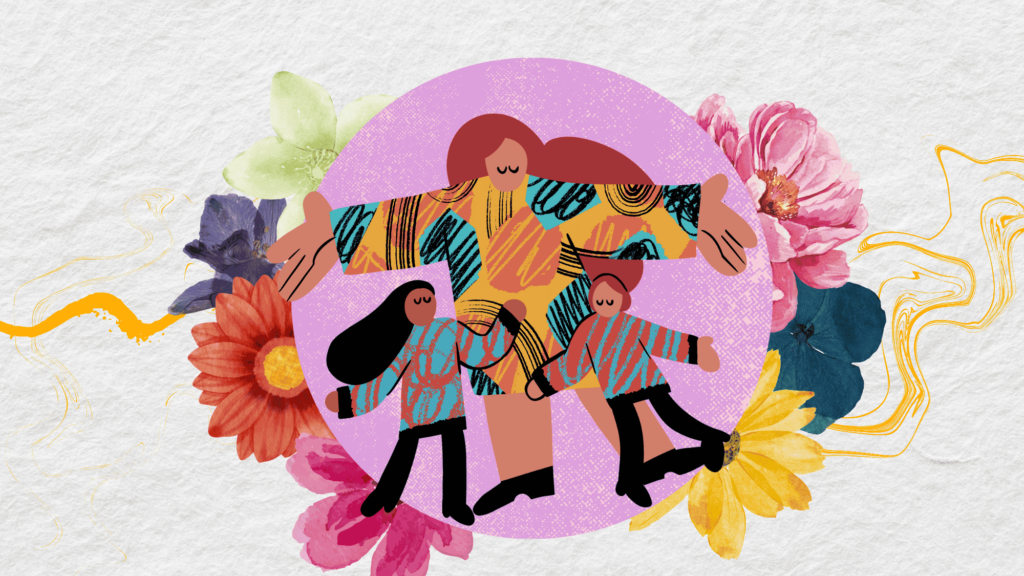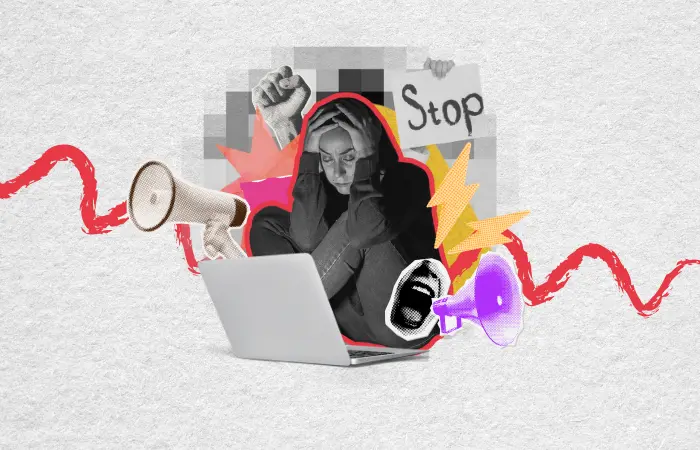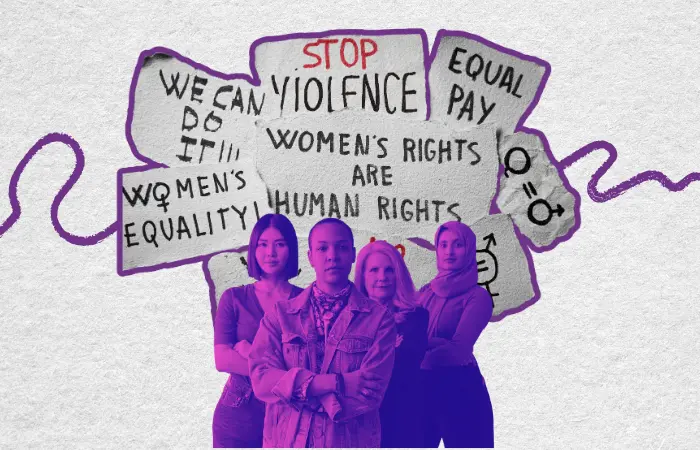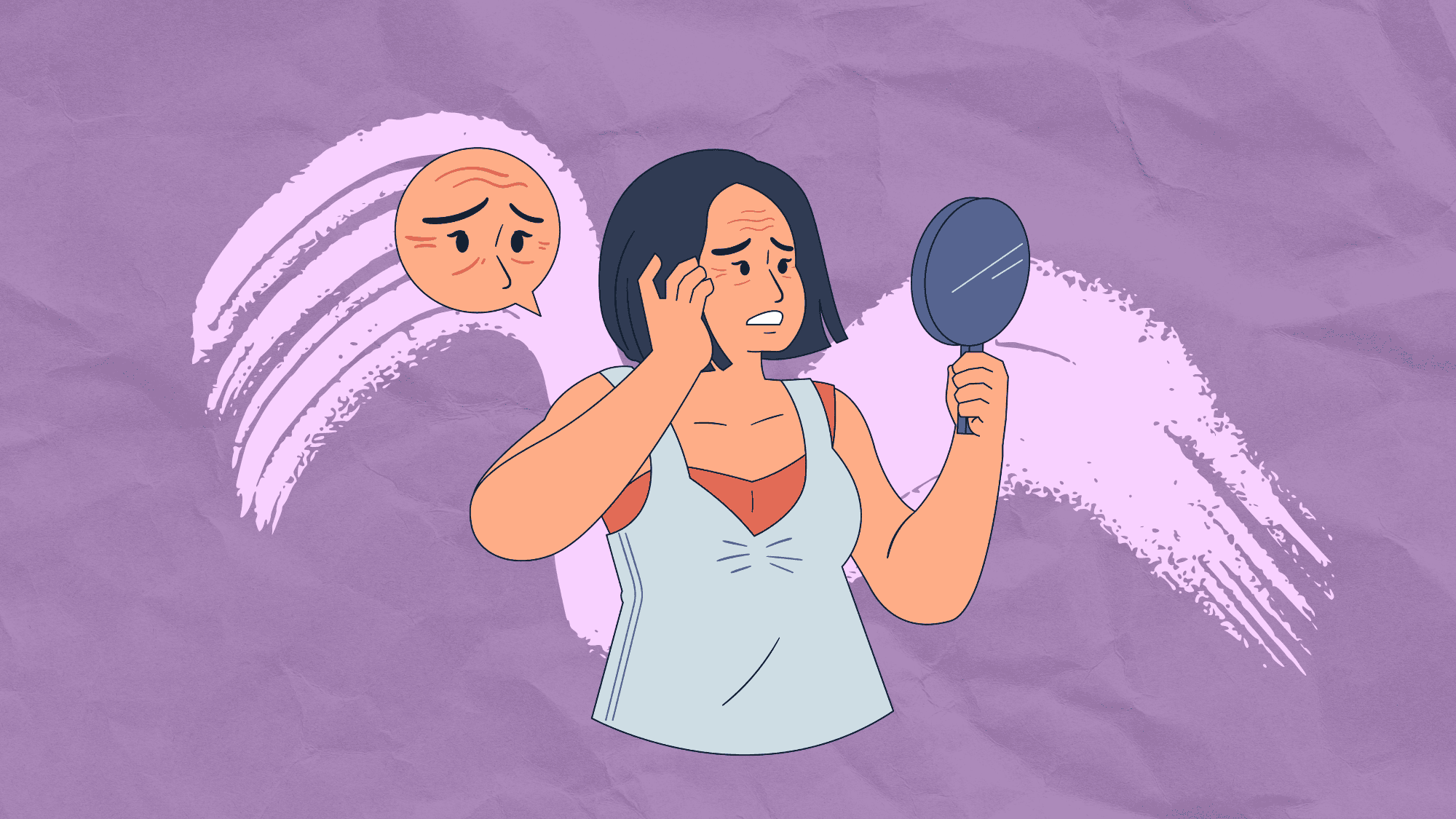
Why Climate Crisis is Patriarchal? Towards a Feminist Climate Justice
The climate crisis affects everyone, but it does not affect everyone equally. Women, who already make up the majority of the world’s poor, are at the forefront of facing disproportionate impacts of the climate crisis. UN figures note that 80% of the people displaced by climate change are women (Halton, 2018). There remain several intersecting factors that exacerbate the consequences of the climate crisis for women: they make up the majority of people living in poverty, they are burdened with the responsibility of looking after their families and their lives are often rendered unimportant as compared to males. The feminist circles and movements have, therefore, placed patriarchy as one of the root causes of the climate crisis, and this puts climate justice as a global feminist issue.
